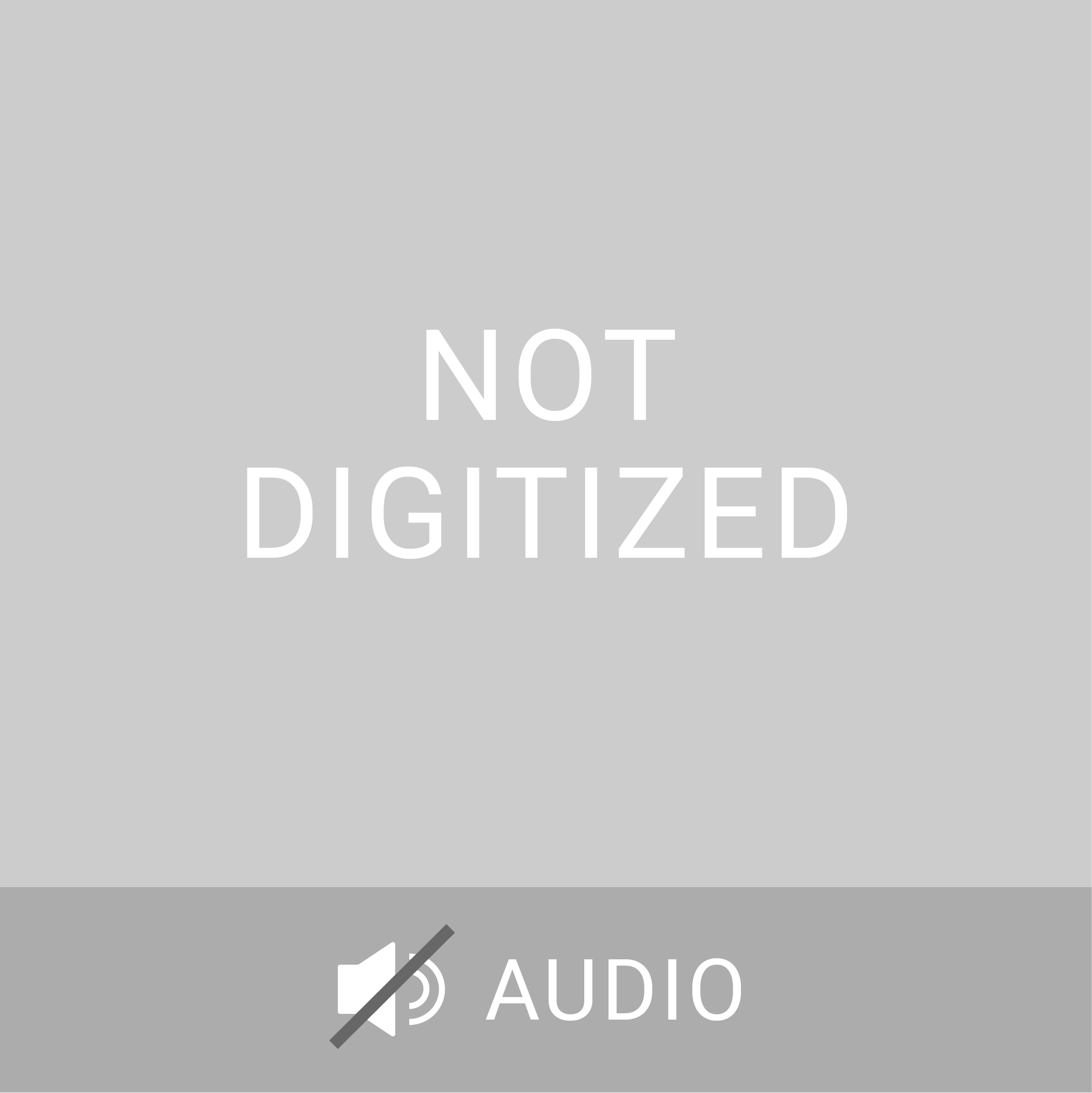Boil Water Advisory
- Segment
- Boil Water Advisory
- Producing Organization
- WGCU
- Contributing Organization
- WGCU Public Media (Fort Myers, Florida)
- AAPB ID
- cpb-aacip/223-784j1fwb
If you have more information about this item than what is given here, or if you have concerns about this record, we want to know! Contact us, indicating the AAPB ID (cpb-aacip/223-784j1fwb).
- Description
- Description
- -- COMMONLY ASKED QUESTIONS REGARDING BOIL WATER ADVISORIES -- 1. What is the proper way to disinfect my water so that it is safe tobr drink? The preferred method of treatment is boiling. Boiling water killsbr harmful bacteria and parasites (freezing will not disinfect water).br Bring water to a full rolling boil for at least 1 minute to kill mostbr infectious organisms (germs). For areas without power, disinfect thebr tap water by adding 8 drops, about 1/8 teaspoon, of plain unscentedbr household beach per gallon of water and allow the water to stand forbr 30 minutes. If the water is cloudy, repeat the procedure. Use abr container that has a cap or cover for disinfecting and storing waterbr to be used for drinking. This will prevent contamination. If yourbr well was flooded, boiling the water is the safest action, sincebr disinfection does not kill certain parasites. 2. How should I wash my hands during a boil water advisory? Based on the current conditions of the affected public waterbr supplies, vigorous hand washing with soap and your tap water is safebr for basic personal hygiene. If you are washing your hands to preparebr food, if at all possible, you should use boiled (then cooled) water,br disinfected or bottled water with hand washing soap. 3. Is potentially contaminated water (where Cryptosporidium is not thebr significant contaminant) safe for washing dishes or clothes? Yes, if you rinse hand-washed dishes for a minute in a bleachbr solution (1 tablespoon bleach per gallon of water). Allow dishes tobr completely air dry. Most household dishwashers do not reach thebr proper temperature to sanitize dishes. It is safe to wash clothes in tap water. 4. Is potentially contaminated water safe for bathing and shaving? The water may be used for showering, baths, shaving and washing, sobr long as care is taken not to swallow or allow water in eyes or nosebr or mouth. Children and disabled individuals should have their bathbr supervised to ensure water is not ingested. The time spent bathingbr should be minimized. Though the risk of illness is minimal,br individuals who have recent surgical wounds, are immunosuppressed, orbr have a chronic illness may want to consider using bottled or boiledbr water for cleansing until the advisory is lifted. 5. How should I wash fruit and vegetables and make ice? Fruits and vegetables should be washed with boiled (then cooledbr water) or bottled water or water sanitized with 8 drops (about 1/8br teaspoon) of unscented household bleach per gallon of water. Icebr should be made with boiled water, bottled water or sanitized water. 6. What if I have already consumed potentially contaminated water? Even if someone has consumed potentially contaminated water frombr either a public water system or a private well before they were awarebr of the boil water advisory, the likelihood of becoming ill is low.br Anyone experiencing symptoms such as diarrhea, nausea, vomiting,br abdominal cramps, with or without fever, should seek medicalbr attention. 7. What infectious organisms might be present in contaminatedbr water? Disease transmission from contaminated water occurs principally bybr ingesting water. The major organisms of concern are protozoa such asbr Giardia and Cryptosporidium, and bacteria, such as Shigella, E. colibr and viruses. These organisms primarily affect the gastrointestinalbr system, causing diarrhea, abdominal cramps, nausea, and vomitingbr with or without fever. Most of these illnesses are not usuallybr serious or life threatening except in the elderly, the very young orbr those who are immunocompromised.
- Rights
- c. WGCU Public Media
- Media type
- Sound
- Credits
-
-
Producing Organization: WGCU
Reporter: WGCU Newsroom
Rights Holder: WGCU
- AAPB Contributor Holdings
-
WGCU Public Media (WGCU-TV)
Identifier: wgcu8457 (WGCU)
Format: audio/mpeg
Generation: Copy: Access
Duration: 00:04:00?
If you have a copy of this asset and would like us to add it to our catalog, please contact us.
- Citations
- Chicago: “Boil Water Advisory,” WGCU Public Media, American Archive of Public Broadcasting (GBH and the Library of Congress), Boston, MA and Washington, DC, accessed August 2, 2025, http://americanarchive.org/catalog/cpb-aacip-223-784j1fwb.
- MLA: “Boil Water Advisory.” WGCU Public Media, American Archive of Public Broadcasting (GBH and the Library of Congress), Boston, MA and Washington, DC. Web. August 2, 2025. <http://americanarchive.org/catalog/cpb-aacip-223-784j1fwb>.
- APA: Boil Water Advisory. Boston, MA: WGCU Public Media, American Archive of Public Broadcasting (GBH and the Library of Congress), Boston, MA and Washington, DC. Retrieved from http://americanarchive.org/catalog/cpb-aacip-223-784j1fwb
